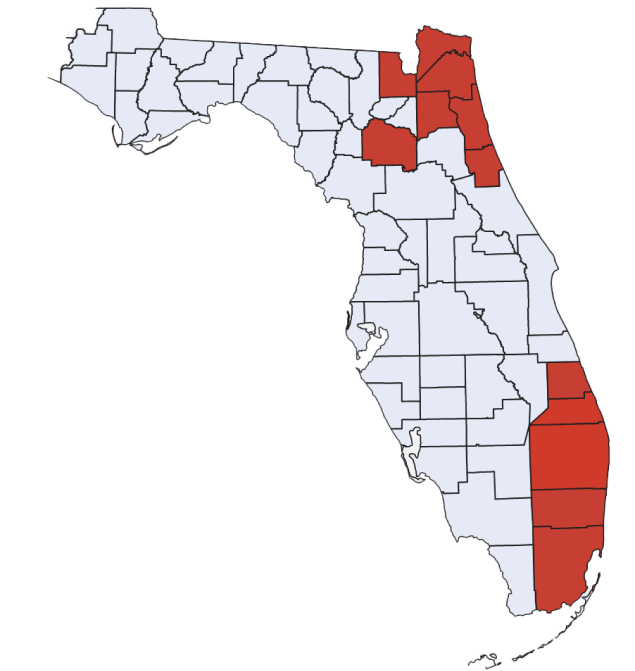There is no hard and fast rule for when to replace your A/C system; but there are indicators and industry studies on the subject that have proven to be reliable. If you live in a semi-tropical area such as northern Florida, your A/C takes a beating from constant use. Service companies in the area often state that the average lifetime of a cooling system in the south can be as much as 20 years. Some manufacturers of HVAC equipment are much more conservative and use 10 years as an expected life expectancy. Those numbers can vary according to how the A/C is used and maintained over the years. Once your system has been in operation for 10 years, consider finding a reliable service provider and signing up for an annual maintenance and repair plan. That can stretch your system’s useful life even further, at less financial risk to you.
Repairing or replacing your air conditioning?
Most reputable HVAC service providers suggest that you should continue to repair your systems until it becomes economically impractical to continue repairing the unit. That usually indicates a major equipment failure like a blown compressor. At that point, especially if your system is over ten years old, it probably makes sense to replace it. With a unit that old, your system is not only near the end of its useful life expectancy, it is grossly inefficient when compared to current units with SEER ratings at or above 15 SEER. Your current system is most likely one with a much lower SEER, probably in the range of 10, which is far below today’s minimum requirements.
The new higher efficiency systems are much more economical to operate. The savings generated can pay for itself in a few years in the form of reduced electric bills. Conservatively, a new unit can reduce your cooling costs by 20 percent or more. The Government has issued standards that go into effect on January 1, 2015. Those new requirements insist on 14 SEER for the Southeastern Region, which could conceivably add even more to the overall efficiency ratings currently cited.
Here are a few additional indicators to watch for that can help you determine if the time to replace your system is at hand.
- When your current air conditioning system requires frequent costly service calls, that is a good indication that your unit is becoming more inefficient and gradually failing with time. It will continue to have problems, especially if it has been in operation for 10 years or more.
- If you start noticing strange noises originating from the interior the coils, that is usually a warning sign of more bad news to come.
- If your energy usage increases and is above average you can analyze your energy usage with a tool such as the Home Energy Yardstick from Energy Star. The results of this self-audit can help determine whether you should consider the advantages of replacing your system with a more efficient unit.
- If your unit requires constant recharging because of refrigerant leaks, your system may need major repairs. If you have an older unit you might consider replacement to guarantee the efficiency.
- In the years since you have owned your home, have you maintained your unit on a regular basis? If you have not, chances are that the compressor and coil are clogged with dirt. That not only affects its operation, but could also cause the compressor and fans to fail.
- In some areas, particularly near salt water, corrosion can eat away at an A/C and cause failure much sooner than in other areas. Corrosion is likely to damage electrical contacts and connections. Oceanfront properties are most vulnerable and require replacement more frequently.
- Hot humid weather can also negatively impact your system. The constant recycling and switching on and off can shorten the life of your electrical system and subsequently your unit.
Tags:
Tips,
Air Conditioning Unit,
central conditioning,


